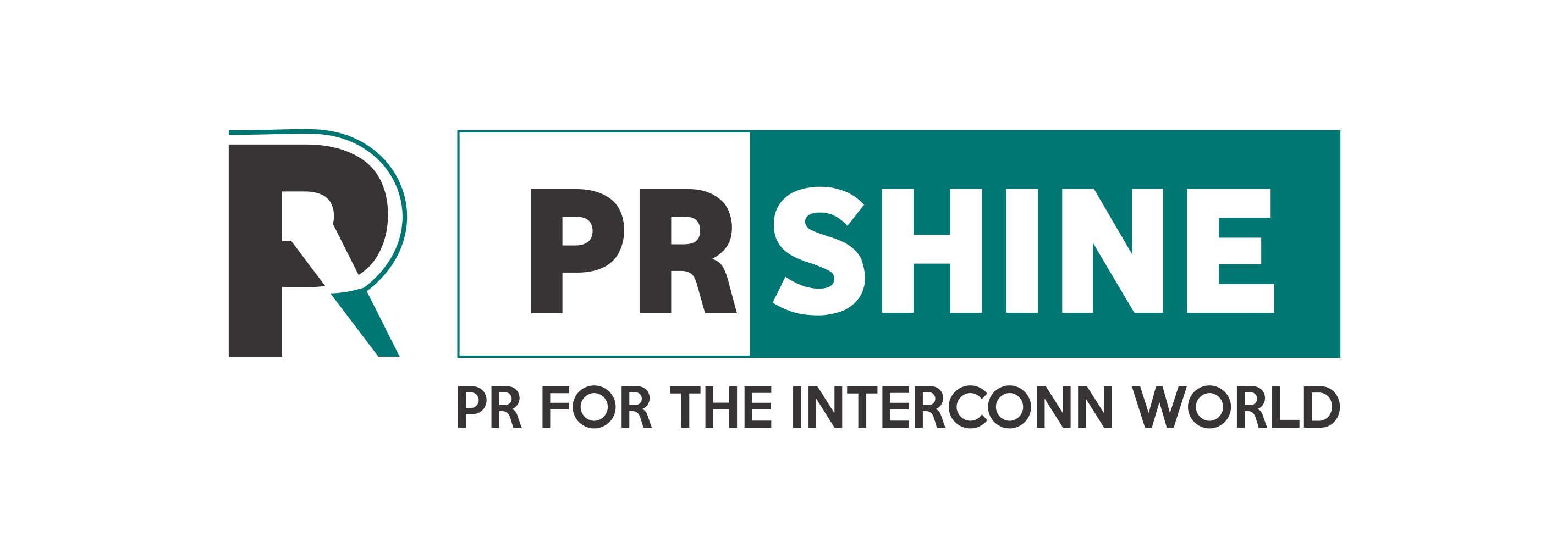Rewriting script: Exploring Uncomfortable Questions for Self-Reflection and Healing
Rewriting a script means diving into tough questions that can reveal new insights and lead to meaningful self-reflection and healing.

What is The Role I am Playing in My Own Suffering?
One important self-reflection question for adults to ponder is: What is the role I am playing in my own suffering? What can help me with Self-Healing?
Most of us never started with being the cause of our own suffering. We did not initiate it. We did not have a choice in deciding the roles we were going to play in our lives. For instance, if you did not receive love and affection growing up, it is only natural for you to internalize certain fears and insecurities. Thus, the intention is not to blame. We have to learn what is rewriting a script.
But even though we did not consciously choose these roles, they have nonetheless become integral parts of our identity, shaping the way we perceive ourselves and interact with the world.
As adults, when we do not realize it, we continue to maintain or even perpetuate patterns of behavior, thoughts, and beliefs. It helps in preserving the familiar and comfortable aspects of our reality, even if they contribute to our suffering. These patterns serve as coping mechanisms that help us navigate the complexities of life and maintain a sense of stability amidst uncertainty. However, they can also keep us trapped in cycles of unhappiness and discontent.
By acknowledging them, we can explore them, understand, why they exist, and maybe make attempts to change them.
Some common patterns that I often get to see in therapy sessions include-
The fear of abandonment:
I fear abandonment, so I continue to avoid forming connections because of the risk of losing them. As a result, I always feel abandoned
This fear can manifest in various ways, leading us to push people away or avoid forming close relationships altogether. We may rationalize our behaviour as a means of self-protection, believing that if we never fully invest in someone, we’ll never experience the pain of abandonment. However, this self-imposed isolation only serves to reinforce our belief that we are inherently unlovable or unworthy of genuine connections.
The fear of failure:
I fear failing so I never put myself in a challenging environment
It can be paralyzing, causing us to avoid any situation where we might not excel. This avoidance shields us from the discomfort of falling short but also prevents us from taking risks and pursuing our dreams. As a result, we may find ourselves stuck in a cycle of stagnation, never fully realizing our potential or experiencing the satisfaction of achievement.
The fear of responsibility:
I fear being responsible for my life, so I continue to blame others while not taking any actions for my benefit.
By shifting blame onto external factors or other people, we absolve ourselves of accountability for our own lives. This avoidance of responsibility not only hinders our ability to effect positive change but also reinforces the belief that we are powerless to shape our own destinies.
The belief of being unlovable:
I am unlovable so I continue to put myself in positions where I settle for less or serve others at the cost of my well-being
If we grew up in an environment where love was conditional or scarce, we may internalize the belief that we are undeserving of genuine affection. Consequently, we may settle for less than we deserve in relationships. And as a result, continue to believe that I am unlovable.
While writing this article, I kept asking myself a question, Am I being harsh? But the truth is- facing the idea that I could be adding to my suffering, is daunting. Bringing a change is uncomfortable, questioning things that have remained intact for years is difficult. Rewriting script encourages us to tackle difficult questions, uncover new insights, and foster profound self-healing.
Breaking free from these patterns requires courage, self-reflection, and a willingness to challenge our deeply held beliefs. While the journey may be daunting, it is also immensely liberating, offering the opportunity to rewrite our narratives and reclaim agency over our lives. With patience and compassion, we can transcend the roles that no longer serve us and cultivate a future defined by resilience and most importantly authenticity.
A few other questions that you can ask yourself to understand it better are-
How have my early experiences, such as childhood relationships or familial dynamics, shaped my beliefs about myself and the world?
What recurring themes or patterns do I notice in my thoughts and behaviors, and how do they contribute to my feelings of suffering or discontent?
Are there certain beliefs or assumptions I hold about myself or others that may be limiting my potential or perpetuating my suffering?
How do I respond to challenges, setbacks, or difficult emotions, and are there recurring patterns of avoidance or self-sabotage that contribute to my suffering?
Conclusion:
Therapy provides a unique and safe environment to answer these difficult questions, to bring you to a place where you can sit with discomfort and process life’s big questions. At least as a therapist, that is my hope for you! Rewriting script helps us confront challenging questions, ultimately guiding us toward deeper self-reflection and meaningful healing.
Create an in-depth self-awareness, self-reflection, and healing through our Online Mental Health Counseling Program, to know more get in touch with Us.












